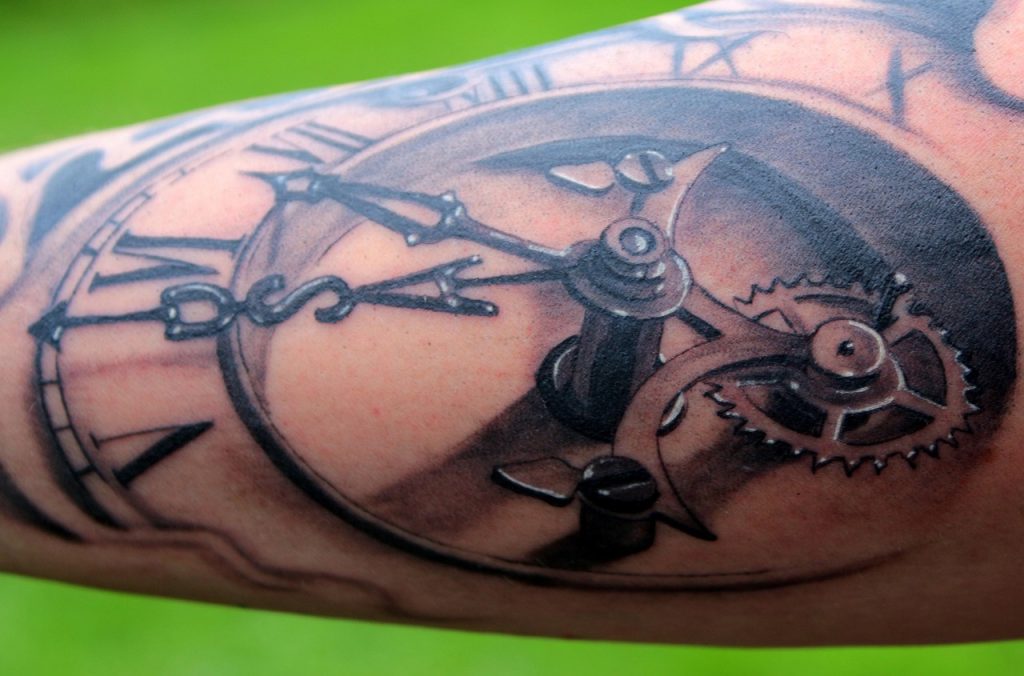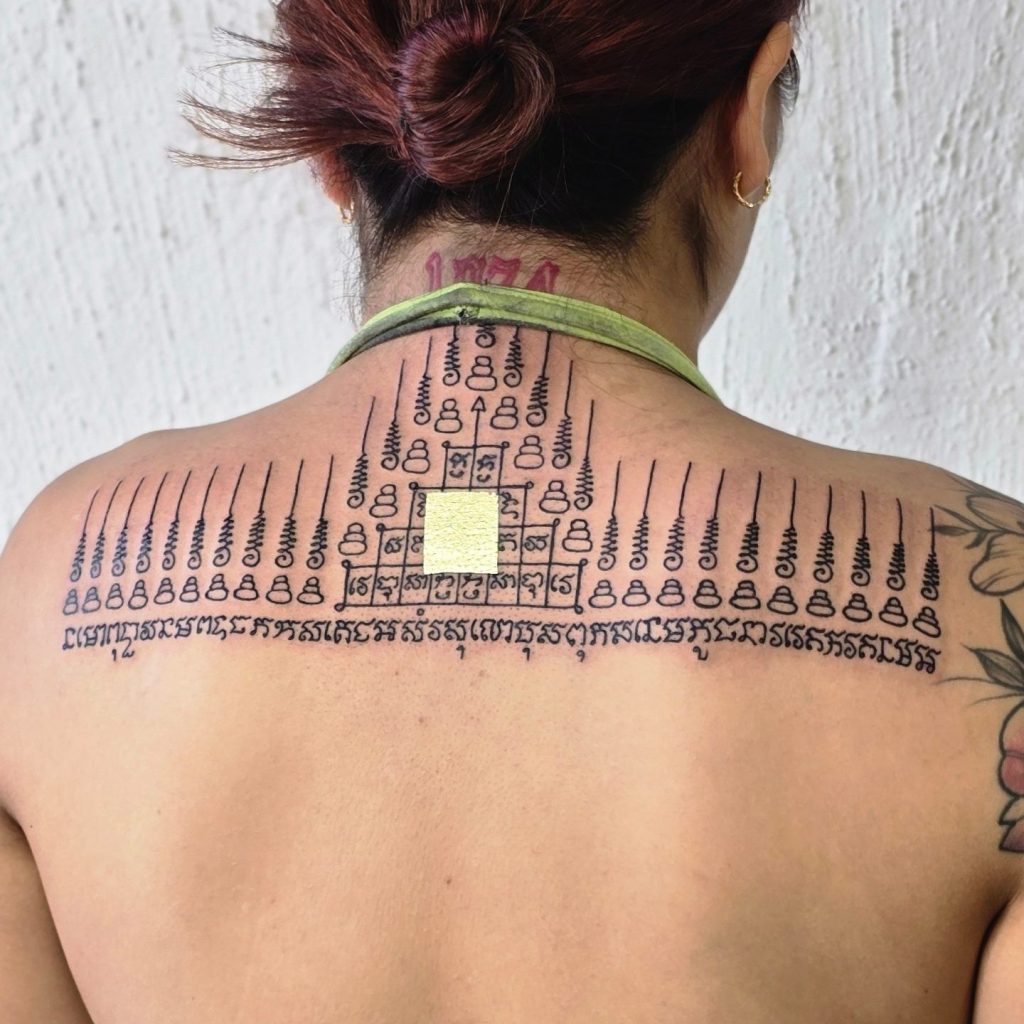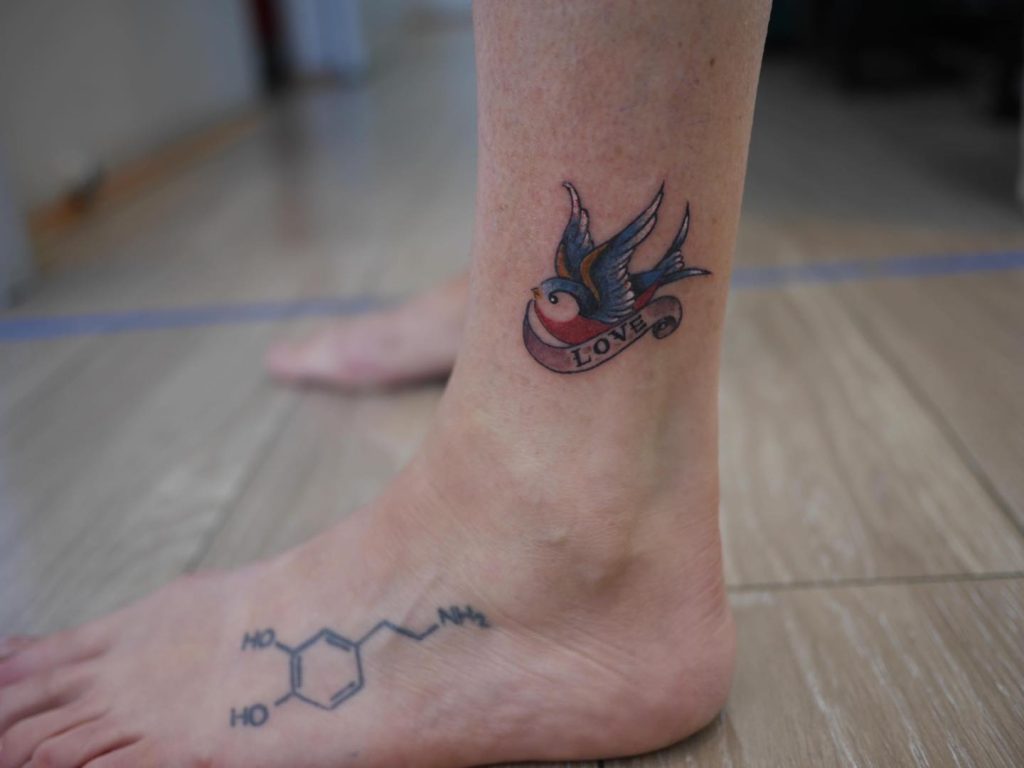Getting a tattoo can be a thrilling experience, but what happens when the excitement fades and discomfort sets in? Sometimes, tattoos can start hurting even a week after getting them. This might make you wonder if something’s wrong. The good news is, you’re not alone. This happens to many people, and there are ways to understand and address the issue. Knowing the reasons behind prolonged pain can help you take steps to make it better.
Tattoo pain after a week can be a cause for concern, but often, it’s just part of the healing process. What’s important is to identify whether this is a normal occurrence or if there’s something more going on. By learning about potential causes and how to tackle this discomfort, you can ease your worries and focus on enjoying your new piece of art. Let’s explore why tattoos might hurt after a week and what you can do about it.
Understanding Why Your Tattoo Hurts After a Week
First off, it’s essential to realize that tattoos are, in essence, an injury to the skin. The process involves needles puncturing the skin to deposit ink, which can understandably lead to some pain and discomfort. Typically, tattoos start to feel less painful after the initial few days, but sometimes, the pain might linger longer. When this happens, it’s useful to consider a few factors.
– Body Healing Rate: Everyone’s body heals at a different pace. What’s a quick recovery for one person might take longer for another.
– Location of the Tattoo: Tattoos on certain body parts like joints, ribs, or areas with lots of movement might experience more prolonged soreness.
– Ink and Needle Work: Depending on the size and complexity of the tattoo, longer sessions with deeper or more repetitive needle work can lead to extended discomfort.
– Allergic Reactions: Although rare, some people may experience mild allergic reactions to tattoo ink, which can cause itching and prolong soreness.
– Stress and Lifestyle Factors: Stress, lack of sleep, or a poor diet might hinder the healing process.
Sometimes, tattoos can hurt even a week later without indicating something’s gravely wrong. However, it’s important to monitor the pain to ensure it doesn’t become problematic. If you’re worried, having a check-up with a professional can help reassure you or catch any issues early. Understanding these potential reasons for your discomfort can pave the way for a smooth and informed recovery.
Signs Your Tattoo Might Be Infected
Though extended pain can be part of the normal healing process, it’s crucial to be aware of any signs that might indicate an infection. Infections can arise if the tattoo isn’t properly cared for or if certain bacteria find their way into the healing area. Recognizing these warning signs early can help prevent more serious issues from developing.
Some common indicators of infection include:
– Excessive Redness and Swelling: While some redness and puffiness are normal, if they increase or intensify after a week, it might be a concern.
– Pus or Oozing: Any leaking of white, yellow, or greenish fluid is a clear sign to seek help.
– Red Streaks: If you notice red streaks emanating from the tattoo site, it’s important to get medical attention immediately.
– Fever or Chills: Feeling unusually hot or cold can indicate your body is fighting an infection.
– Foul Odour: If the tattoo area has a bad smell, this is another alert to possible complications.
Consult a healthcare provider if you observe any of these symptoms. Early intervention can make a huge difference in preventing further complications. A visit to a professional ensures the right measures are taken to preserve your health and the quality of your tattoo.
Steps to Reduce Tattoo Pain and Promote Healing
Once you’re aware of the pain’s possible origins, there are straightforward steps you can take to improve your situation. Proper aftercare is key to ensuring your tattoo heals well, and minimising discomfort.
Here’s a simple aftercare list you can follow:
– Clean Gently: Use a mild, fragrance-free soap to wash around the tattoo daily.
– Moisturize: Keep the skin soft and hydrated with an unscented lotion recommended by your tattoo artist.
– Apply a Cold Compress: Gently placing a clean, cold cloth on the tattoo can help reduce swelling and soothe pain.
– Avoid Sun Exposure: Protect the tattooed area from direct sunlight to prevent further irritation.
– Wear Loose Clothing: Choose clothes that allow your tattoo to breathe and don’t rub against it.
Following these steps can provide relief and assist in a smoother healing process. If pain persists, it’s wise to consult your tattoo studio. They can offer additional advice and reassurance, ensuring nothing’s amiss.
When to Visit Your Tattoo Studio
It’s understandable to feel concerned if pain seems to linger. But tattoos can be unpredictable, and sometimes professional advice is necessary. If you’re unsure about whether what you’re experiencing is normal, a quick visit to your tattoo artist can be really helpful.
Reaching out for a check-up can:
– Provide clarity on your healing progress.
– Address any specific concerns you might have about care or pain.
– Offer peace of mind, knowing you’re taking proactive steps.
A follow-up visit ensures your tattoo stays on track, and speaking with the experts lets you make informed decisions. Whether it’s adjusting your aftercare routine or just getting reassurance, a professional perspective is invaluable.
Keep Your Tattoo Experience Positive
Embracing a new tattoo should be an exciting journey. While some discomfort is normal, taking the right actions can lead to a successful healing experience. Keep in mind that, with proper care, any concerns you have now are likely temporary.
Remember that each person’s healing is different, and what feels challenging today can turn into satisfaction tomorrow. By staying attentive to your tattoo’s needs and seeking guidance when required, you can ensure it becomes a cherished addition to your life. With just a bit of patience and care, your tattoo can heal beautifully and become a source of pride.
If you’re experiencing prolonged discomfort or need expert aftercare advice, visit Mai Thai Tattoo. Our skilled artists can guide you through the healing process and help keep your tattoo looking its best. Learn more about our tattoo studio and how we can assist you.



